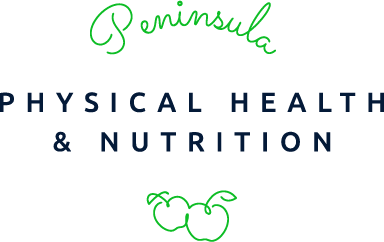Pregnancy
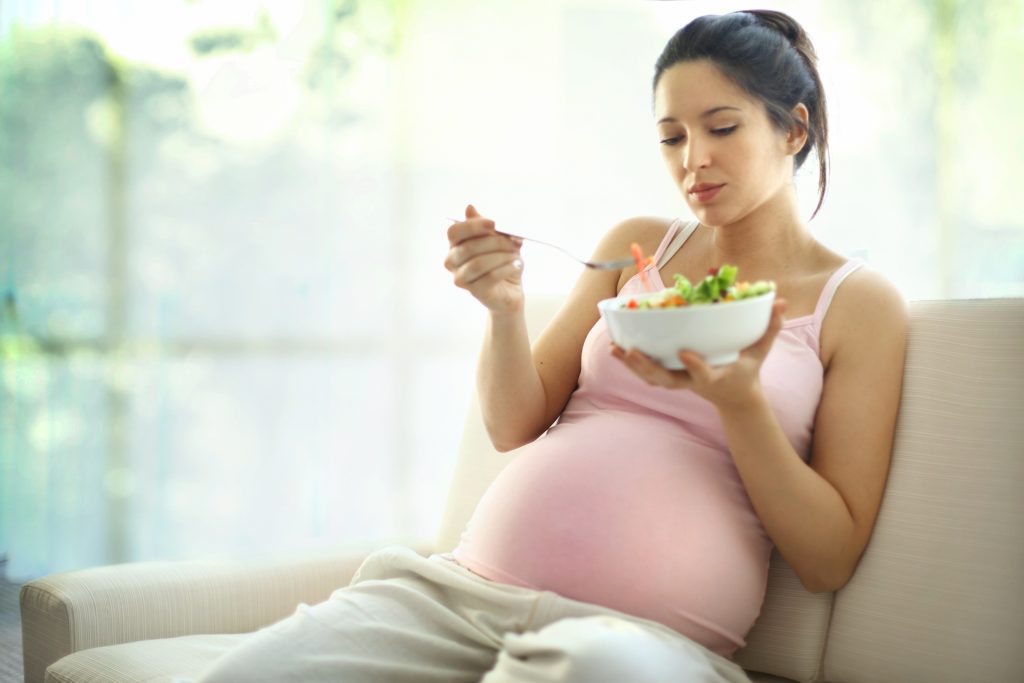
What is pregnancy nutrition?
Nutrition during pregnancy can be divided into three categories:
- Pre-natal nutrition – the nutrition of the mother (and father) prior to conception. It’s very important to ensure that everyone is in the best physical condition to assist with fertility and conception, as well as the prevention of neural tube defects.
- Antenatal nutrition – the nutrition of the mother and baby during pregnancy. This time is vital for ensuring that the mother is consuming the correct nutrients to allow the baby to develop well and for the mother to stay strong and healthy.
- Post-natal nutrition– the nutrition of the mother and baby after birth. The mother’s diet is crucial following delivery of the baby, especially if she is able to breastfeed. In addition, returning to pre-pregnancy weight in a timely manner is necessary for long-term health.
During pregnancy, there is a recommended range of weight gain based on your BMI. The higher your BMI is, the less weight you will be recommended to gain. It is important to keep your weight gain to the recommended level for the health of your unborn baby. This will also to help minimse the risk of gestational diabetes and to allow you to return to your pre-pregnancy weight in a timely manner.

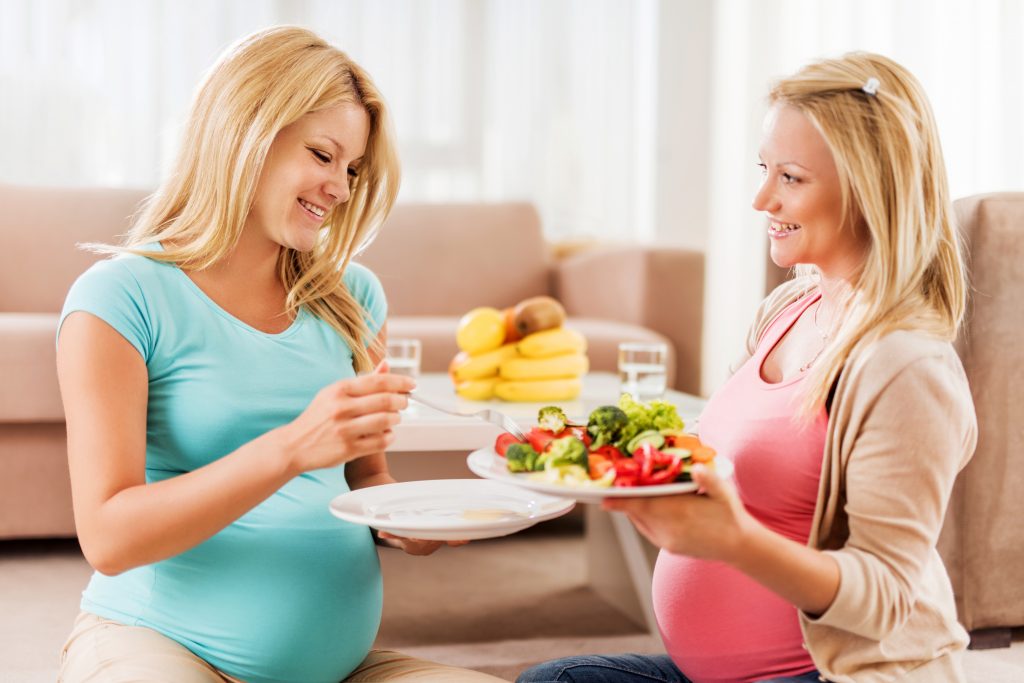 If you are trying to fall pregnant and have been having difficulties, some dietary changes can have a positive influence on your health and increase your chance of falling pregnant. Nutrition is vital for a healthy body and a healthy reproductive system, both for males and females.
If you are trying to fall pregnant and have been having difficulties, some dietary changes can have a positive influence on your health and increase your chance of falling pregnant. Nutrition is vital for a healthy body and a healthy reproductive system, both for males and females.
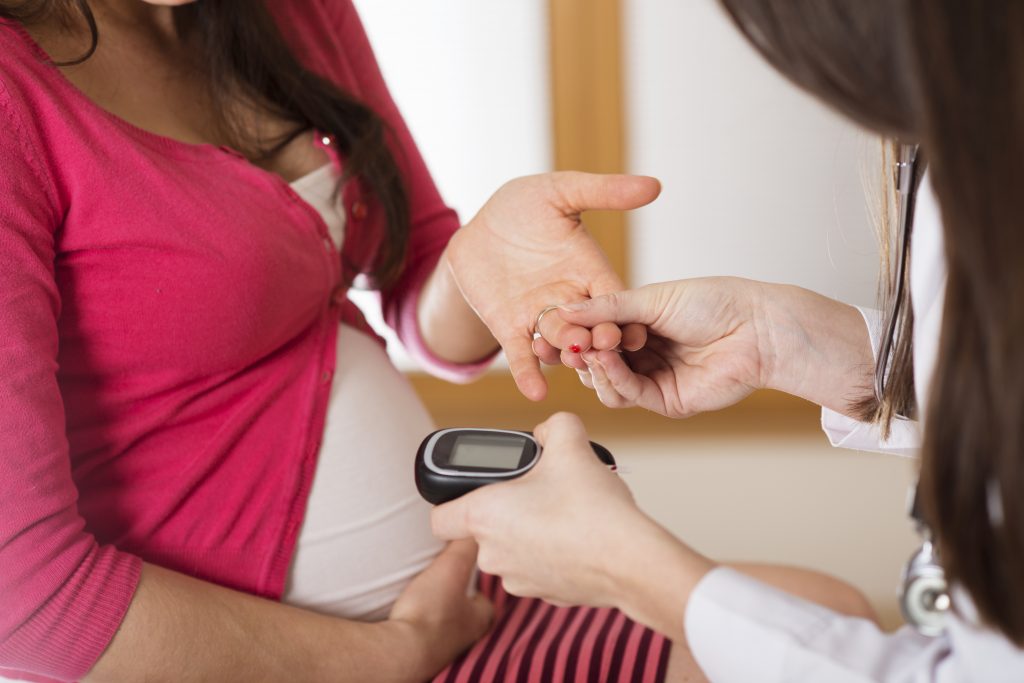 Gestational diabetes occurs when higher than normal blood glucose levels appear for the first time during pregnancy. This most commonly occurs around the 24th to 28th week of pregnancy. Following the birth of the baby, the mother’s blood glucose levels usually return to normal, but there is an increased risk that Type 2 diabetes will develop later in life. The administration of insulin is common in women with gestational diabetes.
Gestational diabetes occurs when higher than normal blood glucose levels appear for the first time during pregnancy. This most commonly occurs around the 24th to 28th week of pregnancy. Following the birth of the baby, the mother’s blood glucose levels usually return to normal, but there is an increased risk that Type 2 diabetes will develop later in life. The administration of insulin is common in women with gestational diabetes.
How can PPN dietitians help with pregnancy nutrition?
Whether you are trying to conceive, are currently pregnant or have given birth, our dietitians can assist with improving your nutritional status at all three stages.
- Pre-natal – conduct a dietary assessment to make sure that you are consuming adequate amount of iron, folic acid, iodine and vitamins and minerals. We may also recommend you take a pre-conception multivitamin.
- Antenatal – conduct a dietary assessment to make sure that your diet is sufficient for the stage of pregnancy you are at, including adequate amounts of protein, calcium, iron and not too much mercury or other foods that may lead to things such as listeria.
- Post-natal – we will discuss with you how your diet varies from pre and post pregnancy and make sure that you are consuming adequate calories to take into account breastfeeding, as well as staying well hydrated. We will also provide advice on strategies to get your ‘pre-baby body’ back in a timely manner.
